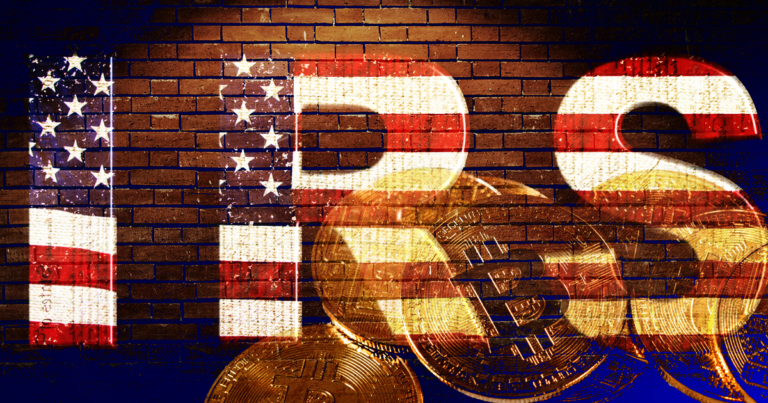 IRS secures court approval to probe records of M.Y. Safra Bank, SFOX users over failure to report taxes
IRS secures court approval to probe records of M.Y. Safra Bank, SFOX users over failure to report taxes IRS secures court approval to probe records of M.Y. Safra Bank, SFOX users over failure to report taxes
The IRS has found that tax reporting and compliance is significantly low when it comes to digital asset transactions.

Cover art/illustration via CryptoSlate. Image includes combined content which may include AI-generated content.
On Sept. 22, a U.S. judge granted the Internal Revenue Service’s (IRS) petition that requires M.Y. Safra Bank to submit records of taxpayers who may not have reported or paid taxes on crypto transactions.
Specifically, the IRS is interested in the records of cryptocurrency prime broker SFOX’s users, according to a press release. New York-based M.Y. Safra bank offered banking services to SFOX customers for crypto transactions, the U.S. Attorney’s office said in the press release.
Taxpayers must report any profits or losses associated with cryptocurrencies on their tax returns. However, the Attorney’s office said the IRS had found a significant gap in tax compliance regarding digital assets.
IRS Commissioner Charles P. Rettig said:
“The government’s ability to obtain third-party information on those failing to report their gains from digital assets remains a critical tool in catching tax cheats… Taxpayers earning income from digital asset transactions need to come into compliance with their filing and reporting responsibilities.”
According to the press release, the IRS has found “significant underreporting” of crypto transactions through summons issued to other cryptocurrency dealers. Additionally, the IRS has identified at least ten taxpayers who used SFOX for crypto trades but did not report them as required by law.
As a crypto prime dealer and trading platform, SFOX connects crypto exchanges, over-the-counter digital asset brokers, and liquidity providers. According to the press release, it serves over 175,000 registered users who have collectively conducted transactions worth more than $12 billion since 2015.
SFOX partnered with M.Y. Safra bank to enable its users to access cash-deposit accounts. Users could use their cash to trade cryptocurrencies through those accounts.
According to the press release, the IRS expects that M.Y. Safra will be able to offer information regarding the identities and crypto transactions of SFOX users that used the bank’s services. The IRS will use the information from M.Y. Safra bank and other sources to evaluate any gaps in tax compliance.
The U.S. Attorney’s office of the Southern District of New York said that the summons to be issued does not equate to any allegations of wrongdoing. Instead, the summons is a means of uncovering information about unknown taxpayers that may have failed to comply with the internal revenue laws.
The IRS also received a green light to serve summons demanding customer transaction records from SFOX itself on Aug. 15.









































































































